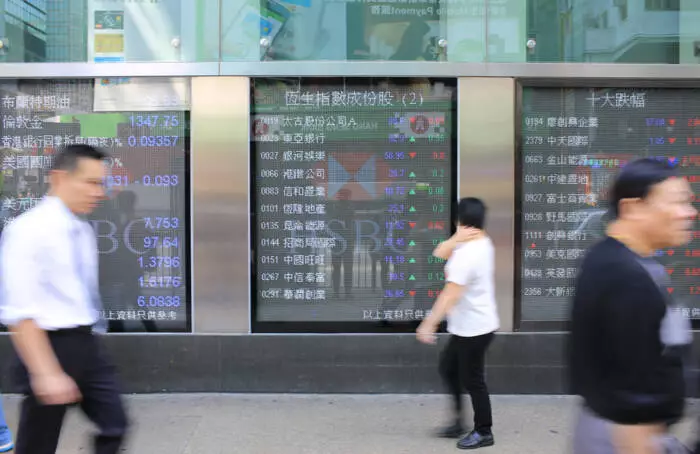Recent adjustments in China’s economic policies have sparked a ripple effect across Asian financial landscapes, rejuvenating investor confidence specifically in the real estate and technology sectors. The Hang Seng Mainland Properties Index, a barometer for real estate investments, saw a remarkable 30.64% ascent in the week concluding on September 27, signaling a robust recovery that investors were eager to embrace. The surge was fuelled by significant gains from notable players such as Longfor Group Holdings, Shimao Group Holdings, and Agile Group Holdings, with respective increases of 56.44%, 69.81%, and 46.51%. Such pronounced growth illustrates a shift in market dynamics, underscoring a renewed optimism about the long-suffering real estate sector in China.
In addition to real estate, the tech sector also enjoyed a substantial uptick, with the Hang Seng Tech Index climbing 20.23% over the same period. The performance of giants like Baidu and Alibaba, which saw gains of 17.73% and 17.55%, respectively, signals that the market’s recovery isn’t confined to bricks and mortar but is also pivotal for innovation and technology. Tencent’s 12.66% growth reflects a broader technological renaissance as firms capitalize on renewed consumer interest and policy support. These developments indicate that investor focus is increasingly pivoting toward companies that can drive growth through technology, particularly in an economy that is teetering on the edge of recovery.
The repercussions of China’s policy maneuvers reached the commodities market as well. The anticipation of a revival in economic activity propelled iron ore prices 15.62% higher in the same week. Such upticks suggest a heightened demand for raw materials, likely driven by the expected uptick in construction and manufacturing activities in China. Concurrently, gold prices edged up by 1.38%, settling at $2,658, as investors sought safe-haven assets amid global uncertainties. The Australian stock market, represented by the ASX 200, was less volatile, exhibiting a slight 0.03% increase. However, major mining players like BHP Group Ltd. and Rio Tinto Ltd. benefitted significantly from these policy changes, witnessing gains of 10.91% and 12.77%, respectively.
In the foreign exchange domain, fluctuations were observed, largely influenced by regional economic sentiments. Tokyo’s inflation data prompted a reevaluation of monetary policies in Japan, specifically around potential interest rate reductions from the Bank of Japan. This led to a rise in USD/JPY to heights of 146.491, reflecting growing demand for the dollar against a weakening yen. The strengthened dollar has consequently driven gains for export-dependent entities, with firms like Tokyo Electron and Softbank seeing appreciable increases.
With central banks’ policies and economic adjustments in China at the forefront, traders are urged to stay vigilant. Monitoring real-time data along with informed expert commentary will be crucial in navigating these evolving market conditions. Given these recent developments, it’s paramount for investors to adapt their strategies to harness potential gains across the Asian equity markets and maintain a competitive edge. Being well-informed is not merely advantageous; it is essential in the rapidly changing landscape of global finance.

